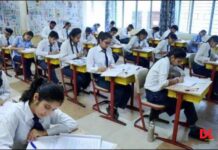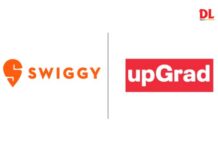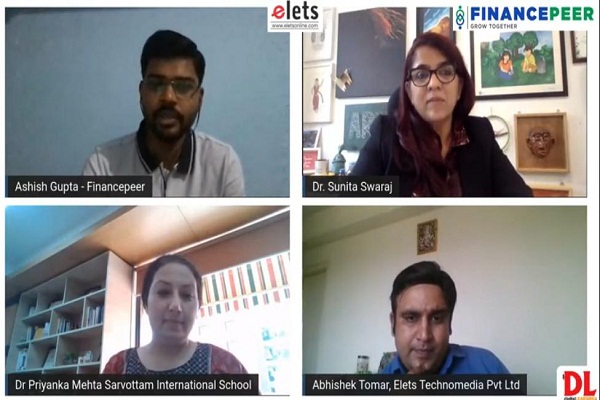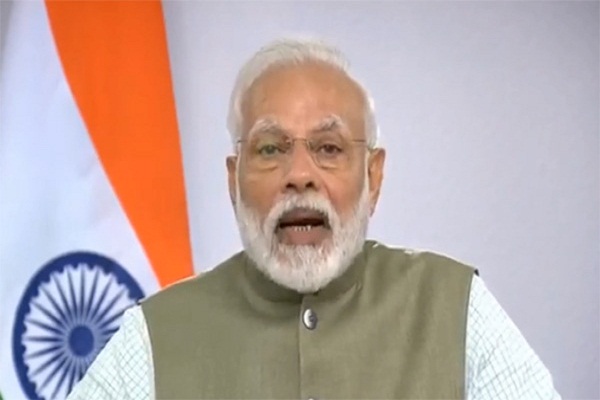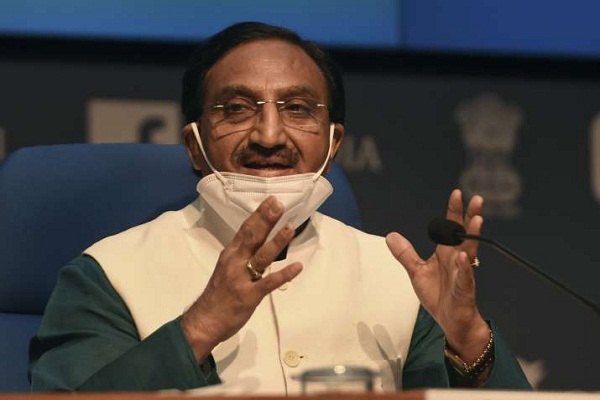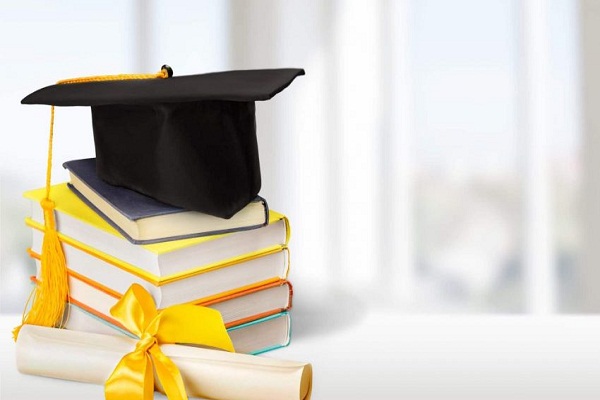In a world where the physical and digital lines are rapidly blurring, we are on the brink of the digital payments revolution. FinTech players are using new technologies to meet rapid consumer demand. Technology is radically changing the way payment products and services are developed, deployed and consumed. The key drivers here are sociocultural change, cloud adoption, and an increased appetite for innovation. While we are not out of the woods yet, the alternative payments industry has already begun to rethink its short-term and long-term strategies to adapt to the post-pandemic landscape and transform the role of the traditional payments industry in the overall transaction deal.
FinTech players rely heavily on localization tools and tokenization, but these are no longer key differentiators. By using more efficient data management technologies, companies can solve many of the payment problems they face. To reduce payment technology costs in 2021, companies must implement systems designed to work efficiently and automatically. It can help you reduce the cost of processing to fill in the gaps. Many are now trying to go back to basics and focus on innovation to grow their business and manage their cash flow. Using automation tools that provide real-time access to payment data can help simplify all business processes and reduce your costs.
DigitalLearning in association with Financepeer organized a series of webinars on leveraging FinTech in the education sector.
Also read: Experts: Technology can add new dimensions to the education
Dr. Sunita Swaraj, Principal, The Heritage School, Vasant Kunj said “The COVID happened and it was the need of the hour. The pandemic propelled us to move on and accept technology. Technology is here to make education better for coming days.”
Dr. Sunita Swaraj also said “In the crisis, we started our virtual session from mid-March just after lockdown. We tried to convince parents that virtual classes are needed for the hour and it took time but we succeeded. Even we curbed the screen time for students. As a community, we need to come together and make education affordable.”
Over NEP 2020, she said “the policy is something new for all schools. We need to believe in NEP as it will bring new reforms in the education system. We have to open up as a community to accept new things and learn from each other.”
Dr. Priyanka Mehta, Director & Principal, Sarvottam International School, Greater Noida West said “The pandemic has taught us new things and the world will move ahead from here. The technology will not replace anyone; it will only make things easier. Now, we are 10 years ahead in technology. Technology will play an essential role in the domain.”
Dr. Priyanka Mehta also said “Now, the schools are trying to bring offline classes. With technology, we have many more options to impact education to students. The physical part is important for students; hybrid education will be the new tool for schools.”
From the industry, Ashish Jain, Senior Product Manager, Financepeer said “Technology can help us in making education better for students in the coming days. Due to the pandemic, the education has become more affordable and accessible.”
“With crisis, we are now open to accepting newer ideas. Things will change more in the coming days as things take sharp turns. Institutions are looking for more ideas. We are helping parents and institutions in the crisis”, added Jain.
Over technology, he said “With COVID, people are now more close to technology. However, technology cannot replace any teacher in the classroom. We need to open up our mind and adapt new technology.”

